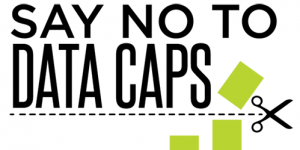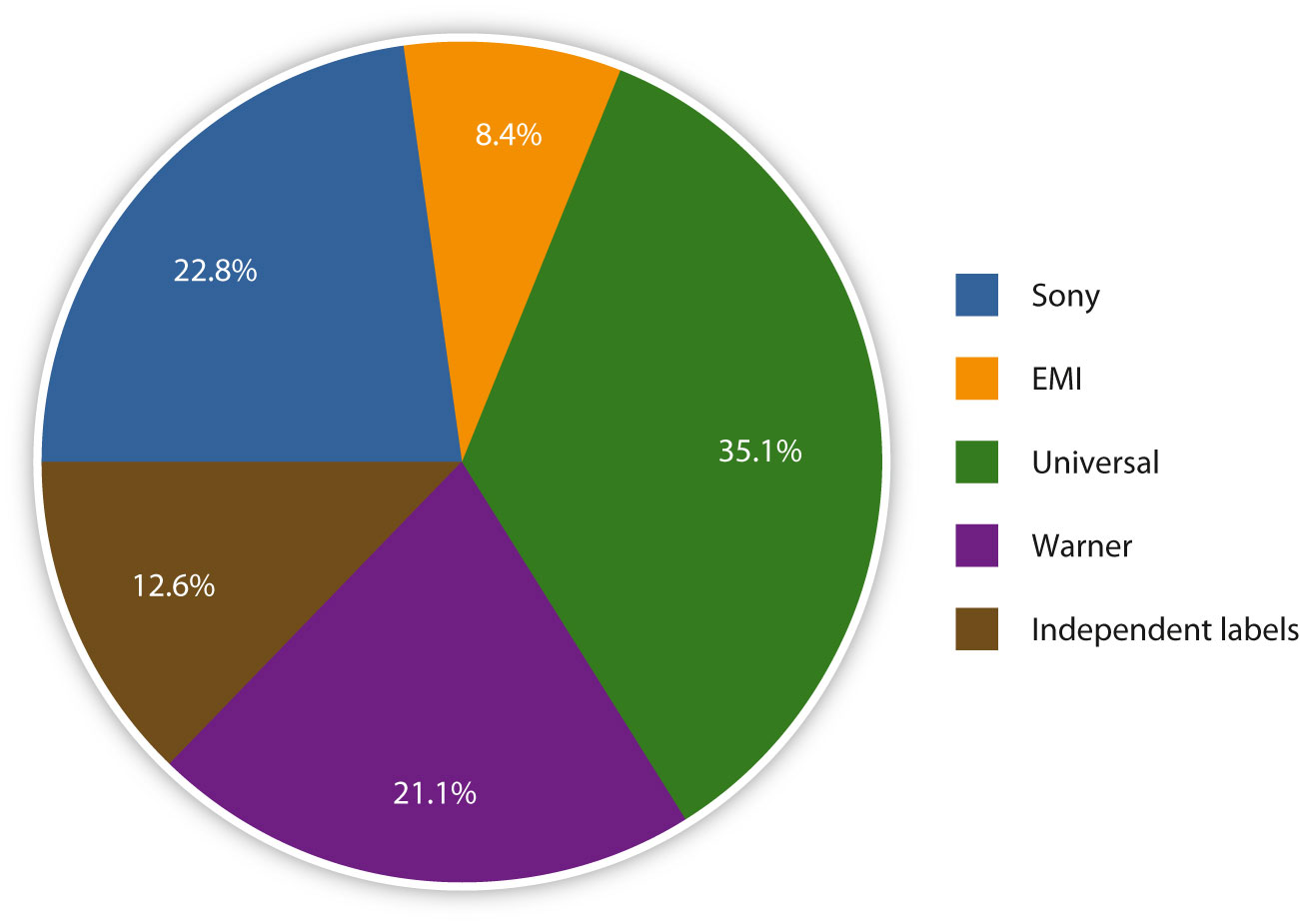There have been several attempts at delivering augmented reality mobile gaming like with Ghostbusters. However, Pokémon Go seemed to capture two important cultural keys.
Childhood Memories
The first is the connection to childhood memories. Pokémon are imaginary cartoon animals that you can train to battle other Pokémon. It is a modern version of what traditionally has been the Japanese pastime of catching insects. Originally from 1995, Pokémon was accessible via Gameboy and card games. This puts millennials right in the point of origin for the target market. Those that were of game playing age back then are now 30 -40 years old and have expendable income on smartphones and other technology. The game puts you in the first person, which is what other versions of this game lacked.Culturally Significant Landmarks
It also uses geofencing technology to augment gameplay. Right now, Niantic uses a propriety database of culturally significant landmarks as "PokéStops" where you can collect more "PokéBalls" (traps to catch Pokémon). In my home town which is an old mill city, most cultural landmarks such as bell towers and even Fenway Park are PokéStops. You can see people of all ages gathering around these areas to catch more Pokémon. If your business happens to be a Pokéstop, you have probably seen an increase of sales. Expect Niantic to receive sponsorships in the near future from major retailers to be listed as a Pokéstop.Geofencing
Geofencing is where we can leverage music and arts. Geofencing is nothing new to apps or to art. In fact, two composers used geofencing to create a piece of music that centered around the Washington DC area. However, what happens if the music changes as we move closer or further away from an area? What happens if the speed at which we move changes the music? How do we program for this? How do we produce for this? Can a Pokéstop also educate?These are important questions that Pokémon Go is creating. Even with the game in Beta, it didn't create as much of a cultural revolution like it did two weeks ago. People are outside and moving about, altering every perception of video gamers being a solitary hermit micro-society. Nintendo made a brilliant marketing move in the end. It knew it could not compete with traditional game consoles, so it brought the gamer away from the console.
What now?
If this trend keeps on going through the summer, prediction: expect to see more advertisements on the platform as well as high paying sponsors. We should also see service get smoother from Niantic which is having a very hard time handling increased server load.
Prediction: The login credentials are currently through Google and Niantic's own portal. Expect to see a Facebook login key shortly.
Long Term Change and Sustainability?
Prediction: We should also see a backlash from telecom companies on the amount of data this app is using. Similar to when Netflix went live with HD streaming, customers are going to push hard against data caps. If the telecom industry is smart, they will figure out a way to mitigate data overages for those customers willing to pay more. If the trend goes beyond 6 months, we can expect to see even more infrastructure installed in low coverage areas, because cultural significant landmark are in these areas.
Solar:
We should also see improvements in mobile device technology. Right now, Pokémon Go is an absolute drain on battery life. If people are using this app with less access to wall outlets to recharge, Solar might be the answer. Prediction: Solar Cell mobile phone covers would allow for battery recharging without a wall outlet. Imagine people







